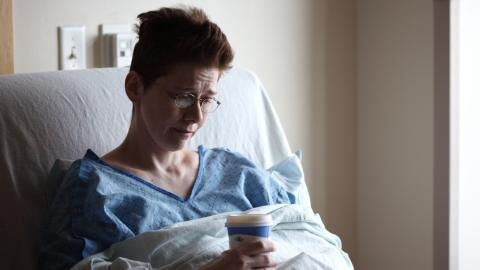For the past 14 weeks, the British government has been collating the views of women, organisations, clinicians, and carers to inform a government-led Women’s Health Strategy. The strategy will focus on general health issues specific to women as well as the different ways in which women experience health conditions that affect both men and women.
Discover our latest podcast
Apart from women from ethnic minority backgrounds, those with health conditions such as diabetes, heart conditions, osteoarthritis, are particularly being encouraged to share how these conditions have affected them. Minister for Women’s Health Nadine Dorries said;
We’ve already had a phenomenal response to our call for evidence and I want to thank everyone who has shared their invaluable and insightful experiences. We are opening up conversations and breaking down taboos to make sure the healthcare system is meeting women’s needs. However these early findings highlight the low response rate from some groups of women.
Gender bias in clinical trials and research
Female life expectancy in the UK is higher than men—it has been steadily improving since the 1980s—but on average, women spend less of their life in good health as compared with men. Not much is known about conditions that affect only women such as severe gynaecological conditions, which have huge impact on health and wellbeing but for which treatment is scarce. For instance, the average time for a woman to receive a diagnosis for endometriosis is seven to eight years.
Several studies done over the years suggest that biases based on gender that exist in clinical trials and research, have adverse impact on health outcomes for women.
Diversity in responses
Although women make up 51% of the population, there is less evidence and data on how conditions affect women differently. Frequently missing in the scanty data available is how these conditions affect women from different ethnic backgrounds. This is why the Secretary of State for Health and Social Care, Matt Hancock wants more diversity in the responses being collated for drafting of this strategy.
Women’s experiences are diverse and it’s crucial we make sure this strategy is representative of all the challenges they face and that we are meeting all of their needs.
The call for evidence will close on Sunday 13 June and interested women and health practitioners can fill out the survey here.














